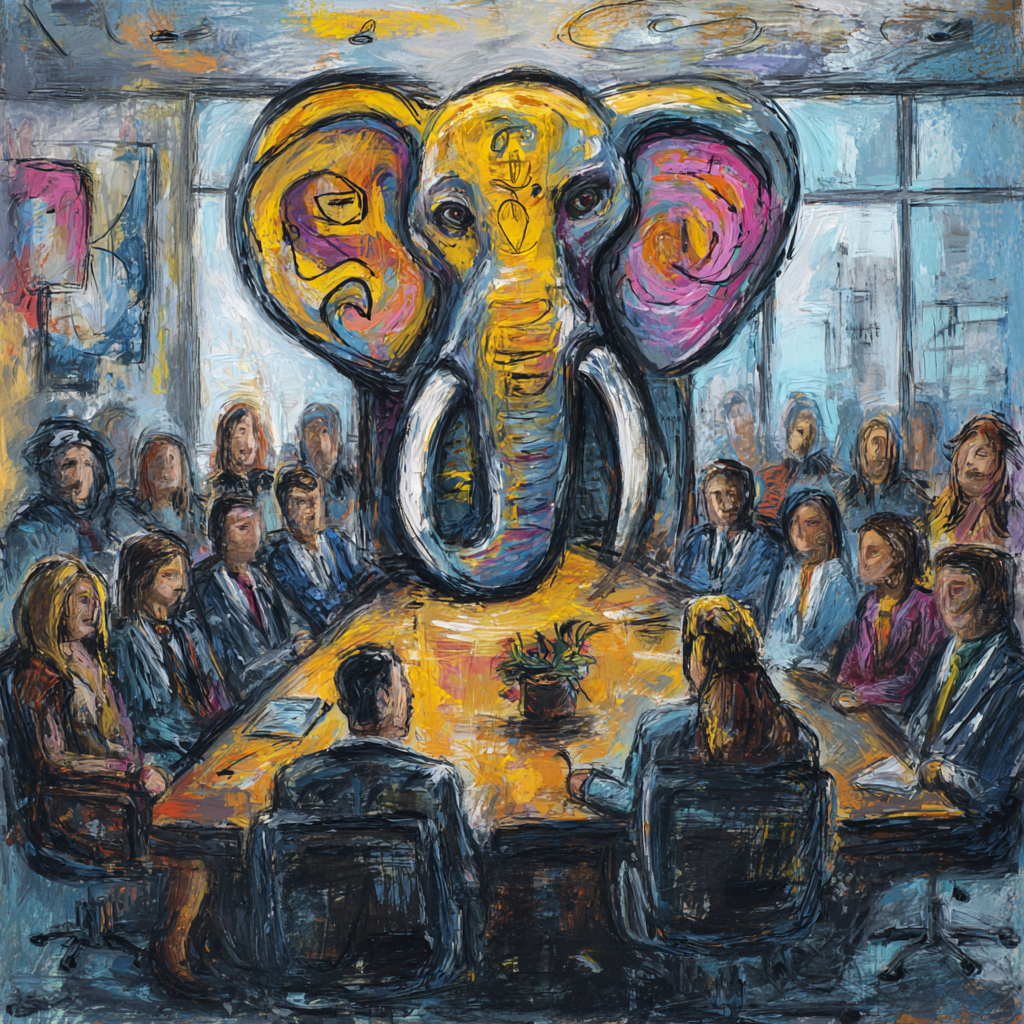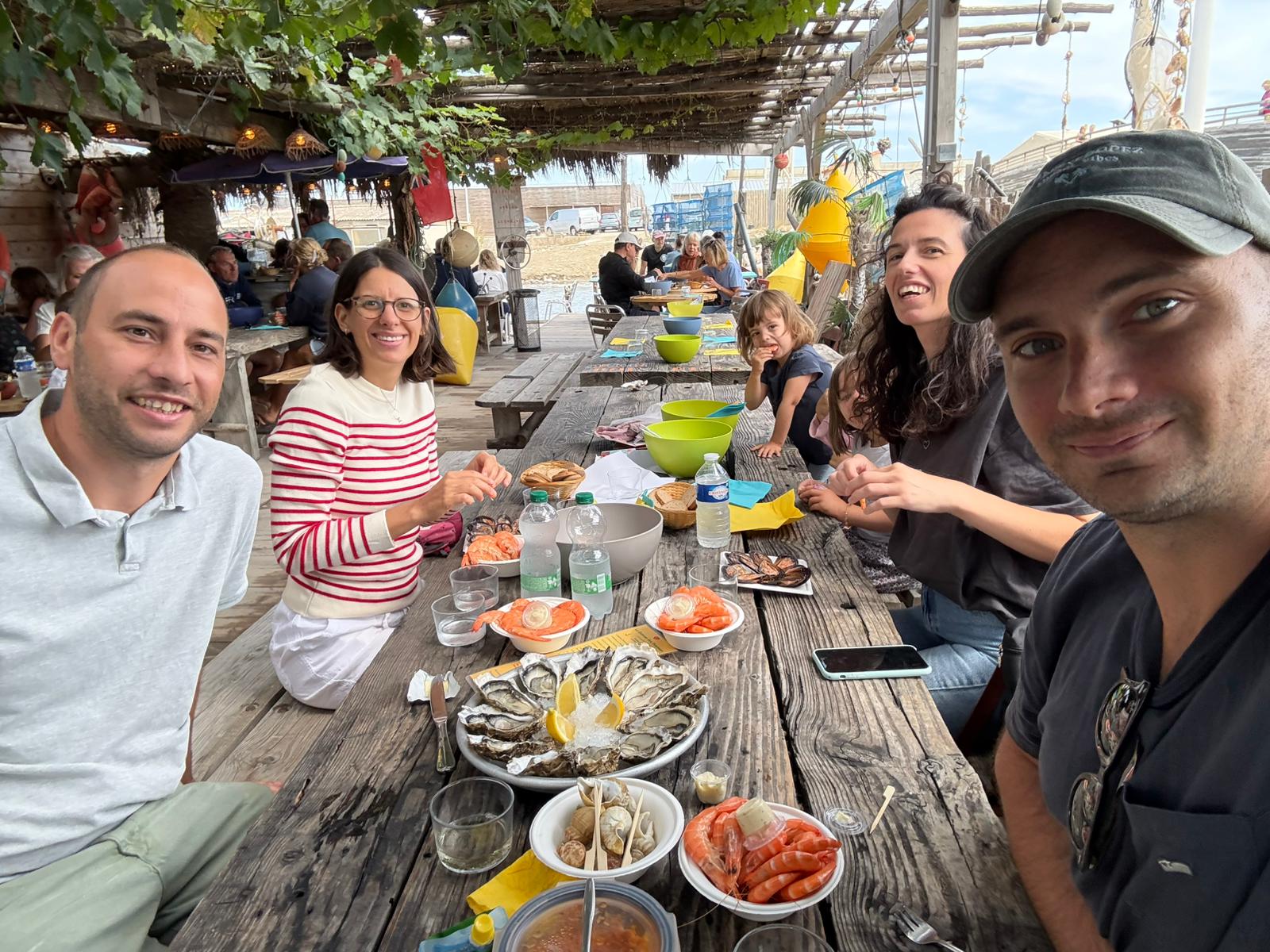Cracking the Code: How Hoteliers Can Thrive in a Saturated Market

In a world where travellers have more choices than ever, the hospitality industry is grappling with a significant challenge—market saturation. This occurs when the supply of hotel rooms exceeds demand, making it difficult for businesses to grow or stand out in crowded markets. In places like New York, London, or Paris, where hotels seem to pop up on every corner, competition is fierce, and profit margins can shrink fast.
But market saturation isn't just a concern for experienced hoteliers. As a hospitality student or budding entrepreneur, understanding this phenomenon is critical to navigating the industry's complexities. Did you know that global hotel market growth is expected to slow to just 1.9% annually through 2025? This stagnation signals that businesses will need to be more creative and strategic than ever to succeed.
In this article, we’ll explore what market saturation means for the hospitality industry, break down its impact on hotel operations, and provide actionable strategies for thriving in competitive environments. Let’s dive into the challenges and, more importantly, how to overcome them.
What is Market Saturation?
Market saturation occurs when the demand for a product or service—such as hotel rooms—is fully met, and the opportunity for growth begins to diminish. This typically happens when an industry sees an excess of supply (in this case, too many hotels or accommodations) relative to demand. In saturated markets, customer acquisition slows down, competition intensifies, and businesses face increasing pressure to differentiate themselves.
For hoteliers, market saturation isn’t just a buzzword—it’s a real threat to growth and profitability. As more properties enter an already crowded market, each one competes for a slice of the same limited customer base. In this scenario, pricing power weakens, occupancy rates drop, and profit margins shrink.
The Impact of Market Saturation on Hoteliers
Increased Competition
In saturated markets, hotels face tough competition from all sides. Big brands, boutique hotels, and short-term rental platforms like Airbnb all compete for the same guests. For example, New York City's hotel market has been experiencing a slowdown due to an oversupply of rooms. With over 130,000 hotel rooms available, many hotels have found it difficult to maintain high occupancy rates.
Solution: To stand out in a competitive market, hoteliers must focus on building a unique brand identity. This could mean catering to a niche audience (e.g., wellness-focused travellers or digital nomads) or offering highly personalized guest experiences. A strong brand with a clear value proposition can help you retain customers and attract new ones.
Decreasing Profit Margins
Price competition is one of the harshest consequences of market saturation. When multiple hotels target the same guests, they often lower prices to attract bookings, leading to a race to the bottom. As a result, hotels may find their revenue per available room (RevPAR) shrinking, which directly affects profitability.
Solution: Instead of participating in price wars, consider adding value to your guest experience. Offering exclusive perks such as free spa access, complimentary dining, or personalized concierge services can help justify higher room rates. Additionally, leveraging technology like dynamic pricing tools can optimize your rates based on real-time demand, helping you maintain profitability even in competitive markets.
Difficulty in Differentiation
With so many hotels offering similar amenities—clean rooms, free Wi-Fi, and breakfast—standing out from the crowd becomes more challenging. Guests often struggle to see the difference between various properties, leading them to make booking decisions based solely on price.
Solution: Focus on creating unique, memorable experiences for your guests. For instance, some boutique hotels have thrived by offering local, authentic experiences that large hotel chains cannot replicate. From organizing local tours to hosting cultural events, offering something truly special can help you build a loyal customer base.
Customer Retention Issues
In a saturated market, retaining customers can be just as difficult as attracting new ones. As competition increases, guest loyalty tends to wane. Guests have more options than ever, and many will switch hotels based on factors like price or convenience.
Solution: Building a robust loyalty program is key to keeping your best customers. Hotels can create tiered rewards systems that offer increasing benefits with each stay. Personalization also plays a big role in retention; using customer data to offer tailored experiences, such as a welcome note or preferred room setup, can make guests feel valued and more likely to return.
Strategies to Navigate Market Saturation
While market saturation presents numerous challenges, it also forces businesses to innovate and evolve. Here are some of the most effective strategies for hoteliers to overcome the hurdles of saturated markets:
Personalization and Niche Targeting
In an era where consumers expect tailored experiences, personalization is a powerful tool. A study found that 59% of travellers are more likely to return to a hotel that offers personalized services. By leveraging guest data, hoteliers can create unique experiences that cater to specific preferences, whether it’s room amenities, dining options, or local activities.
Example: Consider a hotel that caters specifically to wellness travellers. By offering yoga classes, organic meals, and spa treatments, this hotel can target a niche audience and distinguish itself from competitors. The result? More loyal guests and a steady stream of repeat bookings.
Leveraging Technology for Competitive Advantage
In a saturated market, hoteliers need every advantage they can get—and technology provides plenty of opportunities. Automated systems, AI-driven customer service, and data analytics can all help businesses optimize their operations and improve the guest experience.
Solution: Invest in a robust property management system (PMS) that integrates with revenue management tools. These tools use real-time data to adjust room rates based on demand, maximizing revenue. Additionally, AI-powered chatbots can handle routine guest inquiries, freeing up staff to focus on providing exceptional service.
Sustainable Practices as a Differentiator
Sustainability is no longer a trend—it’s a necessity. With 72% of travellers preferring eco-friendly accommodations, adopting sustainable practices can help you attract a growing segment of conscious consumers. From reducing energy consumption to offering locally sourced products, sustainability initiatives can set your hotel apart in a crowded market.
Example: The 1 Hotel in New York City has capitalized on this trend by positioning itself as a luxury, eco-conscious hotel. Its sustainable design, energy-efficient systems, and organic amenities appeal to environmentally conscious guests, helping it stand out in one of the most saturated hotel markets in the world.
Experiential Marketing
In saturated markets, hotels need to offer more than just a place to stay—they need to offer an experience. Experiential marketing focuses on creating memorable moments for guests, whether through curated events, local excursions, or themed stays.
Solution: Partner with local businesses to offer exclusive experiences, such as guided city tours or culinary workshops. These partnerships not only enhance your guest offerings, but also foster community relationships and support local economies.
Practical Tips for Hoteliers
- Focus on Customer Data: Use data analytics to track guest preferences and tailor your services. This could be anything from offering favorite drinks upon check-in to remembering room temperature preferences.
- Innovate with Technology: Invest in technology that enhances both the guest experience and your bottom line. AI-driven tools can help optimize pricing, manage reservations, and personalize guest interactions.
- Diversify Your Offerings: Expand your revenue streams by offering packages or upsells. For example, consider bundling room rates with spa services or local tour packages.
- Create a Strong Loyalty Program: Encourage repeat bookings by offering exclusive benefits through a tiered loyalty program. The more personal the rewards, the better.
- Stay Ahead of Trends: Keep an eye on emerging industry trends such as wellness tourism, eco-friendly practices, and experiential travel. Early adoption can give you a competitive edge.
Conclusion: Thriving in a Saturated Market
Market saturation poses undeniable challenges for the hospitality industry, but it’s not a dead end. By embracing innovation, targeting niche markets, and using technology to enhance the guest experience, hoteliers can not only survive but thrive. Remember, success in a saturated market doesn’t come from being the cheapest option—it comes from offering unique, personalized experiences that leave a lasting impression on your guests.
To stand out in today’s crowded marketplace, focus on what makes your hotel unique. Whether it's sustainability, cutting-edge technology, or experiential offerings, playing to your strengths will help you rise above the competition. Now’s the time to crack the code and turn market saturation into your opportunity for growth.
---
Whenever you're ready, here are 4 ways I can help you:
1. The Revenue Management Playbook: Join hospitality professionals and students in my flagship online course, where you'll learn the advanced strategies to excel in revenue management. Gain practical insights that you can immediately apply to increase profitability and outsmart the competition.
2. Outsourced Revenue Management: Gain access to expert revenue management strategies without the overhead. Our outsourced RM service helps you optimize pricing, boost occupancy, and maximize revenue with tailored insights and cutting-edge tools.
3. Hotel Audit: Get a comprehensive audit of your hotel's current performance. We'll analyze your distribution, pricing, and marketing to uncover hidden opportunities and provide actionable recommendations to drive growth.
4. Stay in the Know: Subscribe to my newsletter for the latest trends, tips, and tools in hotel revenue management, distribution, and innovation. Receive exclusive content straight to your inbox, including case studies and expert advice on optimizing your hotel's performance.


